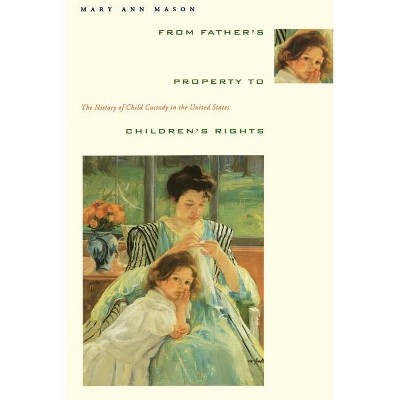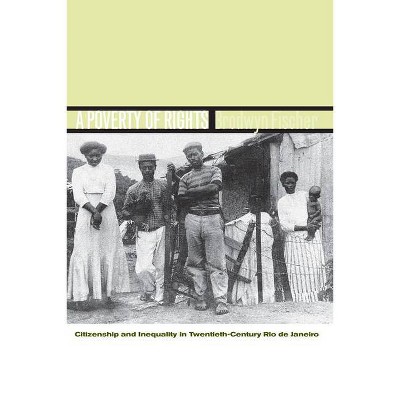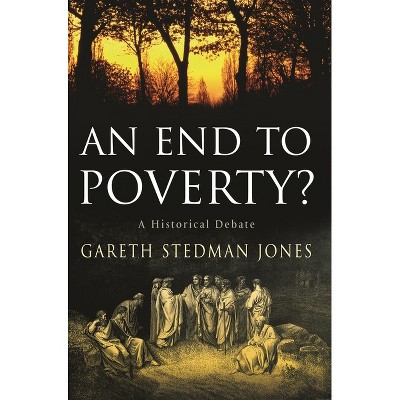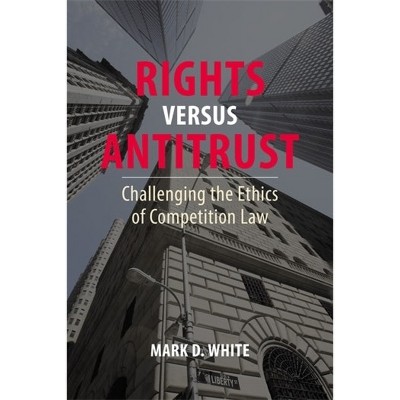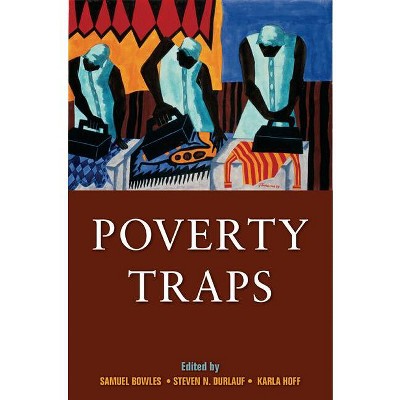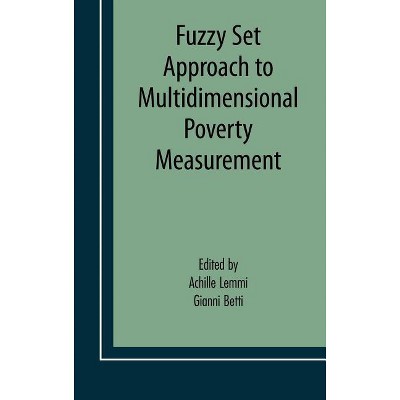Sponsored

Property Rights and Poverty - by Thomas A Horne (Paperback)
$50.99
In Stock
Eligible for registries and wish lists
Sponsored
About this item
Highlights
- Focusing primarily on British political thought from the mid-1600s to the mid-1800s, Thomas Horne examines the philosophical links between property rights and welfare rights.
- Author(s): Thomas A Horne
- 312 Pages
- Business + Money Management, Economics
Description
About the Book
Property Rights and Poverty: Political Argument in Britain, 1605-1834Book Synopsis
Focusing primarily on British political thought from the mid-1600s to the mid-1800s, Thomas Horne examines the philosophical links between property rights and welfare rights. He demonstrates that the defense of property did not preclude a rationale for aiding the poor. In doing so, he provides valuable insights into the origins of both classical liberalism and the contemporary welfare state.Horne first considers the writings of Hugo Grotius, the Dutch philosopher and jurist who laid out the terms for the debate over owning property as a natural right. Like later natural law theorists, Grotius was concerned with the question of how God's grant of the earth to all humanity could be reconciled with the idea of owning private property. Horne continues by surveying the writings of a wide range of political thinkers--John Locke, David Hume, Jeremy Bentham, and many others--in order to follow the progress of the property rights debate in England through the seventeenth, eighteenth, and early nineteenth centuries.
According to Horne, virtually every defense of property rights written during this period carried with it a self-limiting feature that took into account the welfare rights of those without property. Thus, while British political thought typically defended individual property rights as consistent with--even demanded by--natural law, it also insisted that all individuals had a right, under some circumstances, to the use of resources necessary for their welfare. The right to exclude and the right to be included were not understood as necessarily contradictory or antagonistic aspects of a just property arrangement. Instead, the problem posed by the tradition of property theory presented here was how to recognize both property rights and welfare rights in a single legal code.
Originally published in 1990.
A UNC Press Enduring Edition -- UNC Press Enduring Editions use the latest in digital technology to make available again books from our distinguished backlist that were previously out of print. These editions are published unaltered from the original, and are presented in affordable paperback formats, bringing readers both historical and cultural value.
Review Quotes
"A remarkably compelling examination of liberal theory's many different conceptions of private property and of the duties of property holders to the impoverished."--"American Political Science Review"
"A wonderful tour of seventeenth- and eighteenth-century intellectual history that reveals how much more humane the liberal tradition of property rights is than commonly assumed."--Isaac Kramnick, Cornell University
Dimensions (Overall): 9.0 Inches (H) x 6.0 Inches (W) x .7 Inches (D)
Weight: 1.01 Pounds
Suggested Age: 22 Years and Up
Number of Pages: 312
Genre: Business + Money Management
Sub-Genre: Economics
Publisher: University of North Carolina Press
Theme: Theory
Format: Paperback
Author: Thomas A Horne
Language: English
Street Date: March 1, 2011
TCIN: 94451076
UPC: 9780807857342
Item Number (DPCI): 247-13-1982
Origin: Made in the USA or Imported
If the item details aren’t accurate or complete, we want to know about it.
Shipping details
Estimated ship dimensions: 0.7 inches length x 6 inches width x 9 inches height
Estimated ship weight: 1.01 pounds
We regret that this item cannot be shipped to PO Boxes.
This item cannot be shipped to the following locations: American Samoa (see also separate entry under AS), Guam (see also separate entry under GU), Northern Mariana Islands, Puerto Rico (see also separate entry under PR), United States Minor Outlying Islands, Virgin Islands, U.S., APO/FPO
Return details
This item can be returned to any Target store or Target.com.
This item must be returned within 90 days of the date it was purchased in store, shipped, delivered by a Shipt shopper, or made ready for pickup.
See the return policy for complete information.






